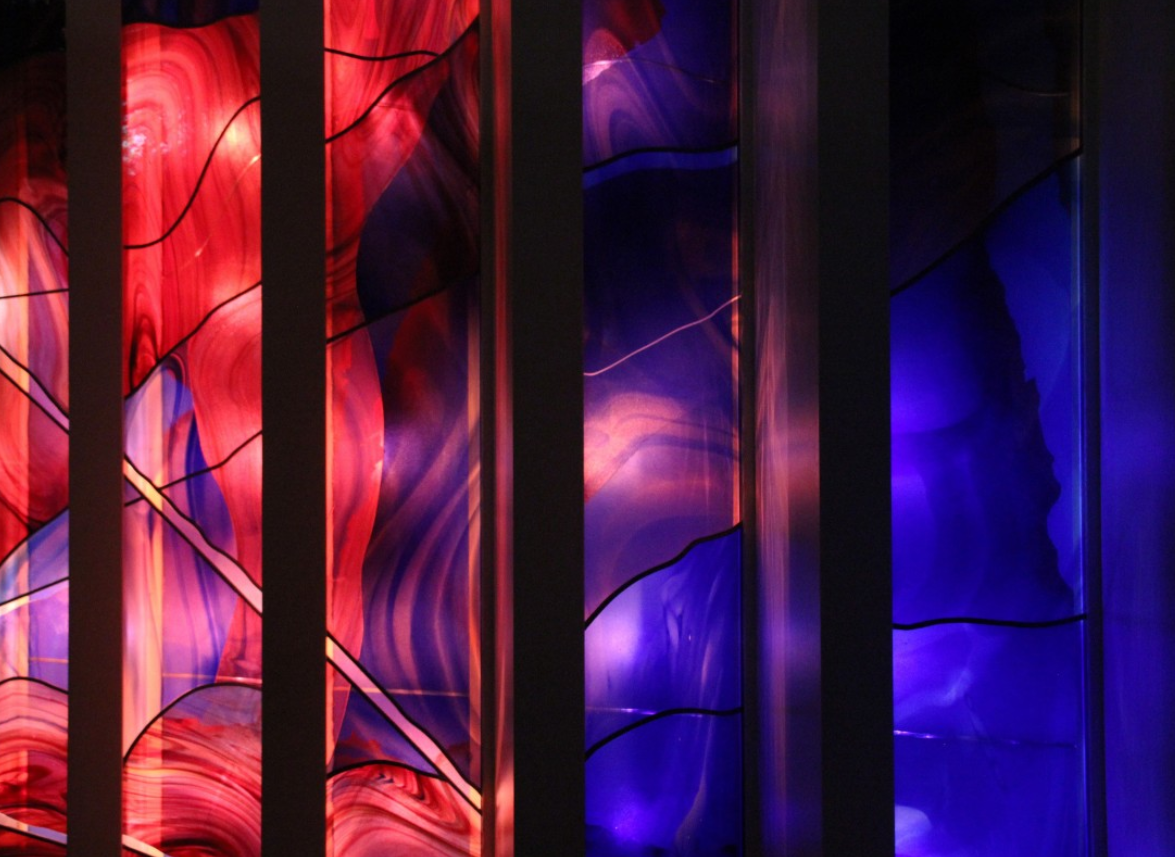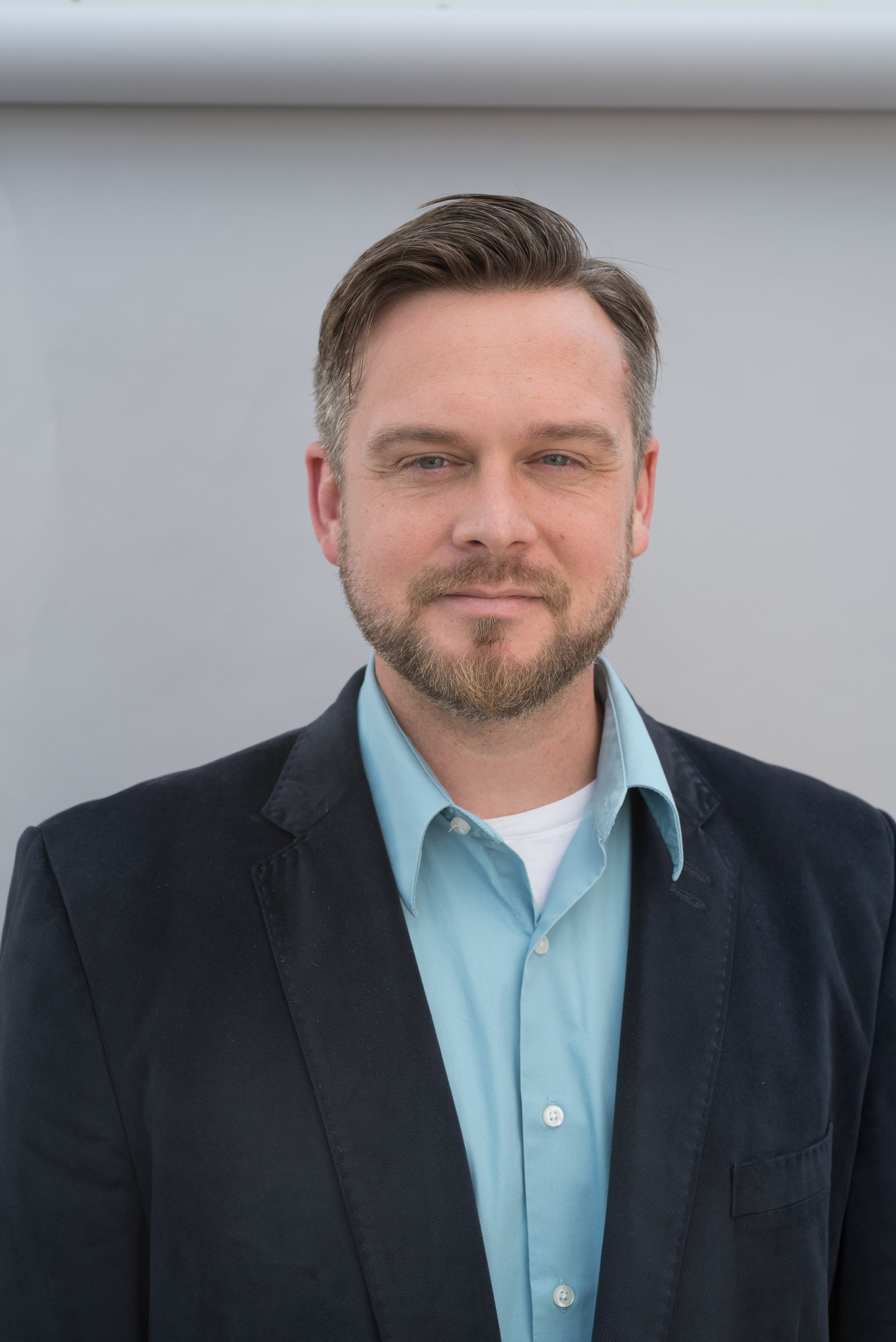A Shared Long History of Peacebuilding
Crossing the Evangelical-Muslim Divide with Film
by Daniel Tutt
This past year I’ve been leading a new initiative at Unity Productions Foundation (UPF), whose mission is to counter bigotry and create peace through the media. Its documentary film The Sultan and the Saint is a peacemaking tool designed to forge new interfaith relationships. My particular initiative with this film is to strengthen understanding between Evangelical Christians and Muslims in America.
The Sultan and the Saint tells the true story of an interfaith encounter in the 13th century at the height of the fifth crusade. Before he was canonized as a saint, Francis of Assisi, an itinerant friar, walked with bare feet to a small town in Egypt near the mouth of the Nile. Here Christian crusaders were engaged in an ongoing battle with Muslim forces. Francis convinced the crusader authorities to allow him to preach the gospel to Muslim forces during a lull in the battle. What he encounters in the Muslim camp transforms his idea of ‘the other.’
The other protagonist in the story is Sultan al-Kamil, nephew of the great Muslim leader Saladin. The film introduces viewers to his incredible life as a military leader and diplomat. The meeting between him and the wandering priest set the wider crusading period in a much different direction. The outcome of the fifth crusade was a peace treaty over Jerusalem. In time the crusading forces began to dissipate, and the historic encounter stands as an important symbol of what peace can achieve.
The Sultan and the Saint was broadcast in December 2017, with more than eight million viewers tuned in. It has been nominated for an Emmy® Award in Outstanding Lighting Direction and Scenic Design, and we have premiered in 100 cities across America.
Where Evangelicals and Muslims Can Meet
Yet of all these accomplishments, the one I want to share concerns the initiative to promote Evangelical-Muslim dialogue and relationship building. The film has received support from the Catholic community, but I wanted to make sure we also engaged Evangelicals. Research shows that the perceptions of Evangelicals toward Muslims are not positive. In the encounters we have organized around the film, more than 70 percent of Evangelicals and Pentecostals attending have never had a chance to actually engage with Muslims.
We began the initiative by introducing The Sultan and the Saint to a group of Evangelical and Muslim scholars and activists at Georgetown University. Attendees included former Islamic Society of North America president Imam Mohamed Magid and Bob Roberts, an Evangelical pastor from Dallas who has been leading high-level dialogue between the two communities for several years. These leaders have pioneered relationship-building work between Evangelicals and Muslims; our project seeks to reach an ever-wider cross-section of both communities. After two days of brainstorming at Georgetown, a dialogue model emerged.
Photo: Wikimedia
It is built around the shared imperative to peacemaking in both faith traditions. While Jesus and the Mother Mary are revered figures in Islam, emphasizing this as a point of commonality with Evangelicals can backfire. At first blush, Muslims may wonder why this sort of commonality is not a good starting point.
We learned from our Evangelical colleagues that, at the end of the day, Evangelicals have a Christology that is fundamentally built around Christ as the central salvific core. Changing the details about Jesus is suspect. In short, this is a theological difference that takes time to address.
What would be a good starting point? We noticed that most Evangelicals think of Islam as a foreign culture, somewhere overseas. American Evangelicals rarely think about Muslims as American Muslims. We also noticed that Evangelicals have a long history of peacemaking, with many churches involved in global peacemaking efforts. So we decided to emphasize the international context of peacemaking by looking at how both Christians and Muslims are forging peace around the world.
To be sure, we still have to address the stories of Jesus and Mary as told by scripture and observe the theological differences that emerge. To do this we decided that the shared imperative God makes on believers to be peacemakers in the world is a solid foundation for new relationships. It does not alienate. It shows what we share. And it includes an imperative to know the other and to work with the stranger, the neighbor, and those outside one’s own faith to make peace happen. The Sultan and the Saint brings home this shared imperative better than we could have imagined. From the shared experience of watching the film, we move on to key points of scripture that emphasize peacemaking.
To succeed in this mission, we partnered with Kingdom Mission Society, an Evangelical and Pentecostal group that targets millennial generation Evangelicals; our campaign seeks to reach a younger generation. And to assist in the campaign’s global peacemaking focus, we partnered with KAICIID, an international interfaith dialogue organization affiliated with the United Nations. KAICIID speakers attend our events and share real-life examples of peacemakers in war zones who are acting out of the conviction of their faith to end religiously motivated violence.
We’ve been happy with the results. To date the initiative’s encounters around the film have reached more 1,700 individuals and identified 75 peacemakers for the cause.
Header Photo: Pxhere




